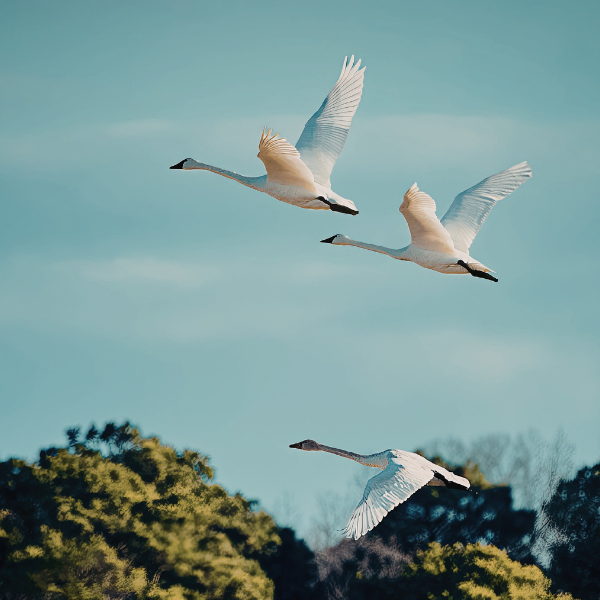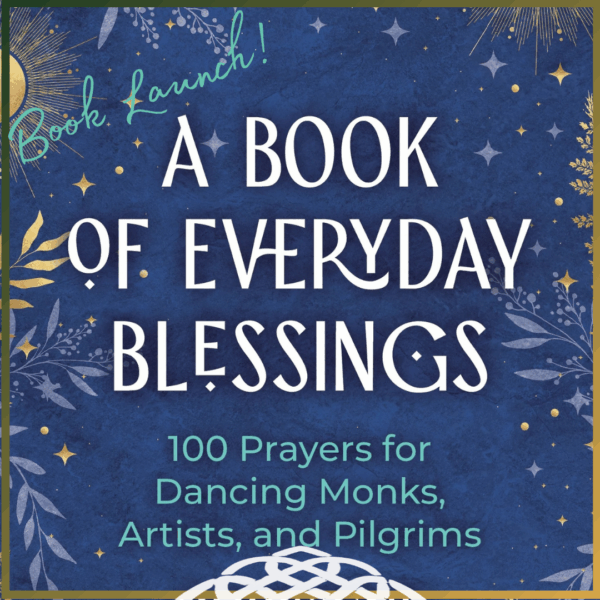I am delighted to share another beautiful submission for the Monk in the World guest post series from the community. Read on for Edith Ó Nualláin’s reflections about mindful writing as spiritual practice:
Mindful Writing as a Spiritual Practice
Like many seekers who set out on a spiritual pilgrimage, I discovered that journaling as a spiritual practice took me to places only the written word could go. It was as if the word, my word, was the way, like a finger pointing to the moon. Falling in love first with those writers who penned their spiritual autobiographies, sharing the tales of their voyages through uncharted spiritual terrains, I then progressed to a plethora of books brim full of suggestions on how to approach writing from a spiritual perspective, suggesting that the process of writing itself could be used as a tool to dig in sacred gardens. It wasn’t long until I happened to come across the concept of mindful writing. Straightaway I was intrigued about the intersections between mindfulness and writing.
Mindful writing is rather different from other kinds of writing we might do. To begin with, it carries no meaning or aim beyond the intention we bring to the practice itself. We’ll get back to this vitally important point in a minute.
In mindful writing we adopt the stance of ‘beginner’s mind’. It is as if each writing session is an instance of Benedict’s exhortation to “Always we begin again.” Every time we sit down at our desk, pick up our pen, holding it above the white, virginal page, we bless the emptiness which reflects our inner openness to whatever might emerge from this days practice.
But probably the most important element of all is hidden within our blessings. For beneath the words we utter in prayerful praise, lies our intention to open ourselves to receiving the grace of the Divine. Without this intention, conscious or unconscious, our mindful writing cannot hope to be spiritual writing.
Ideally mindful writing involves a combination of reading, meditating, and writing practice, all experienced within the sacred cocoon of silence and solitude. Writing in this way has the ability to carry us back home. Hence we have the capacity to trace our own unique pathways towards our deepest centres, to that point inside, what Merton called his ‘point de vierge’, where we open ourselves to the transformative experience of meeting our Beloved face to face, as it were. Our words can carry us all the way to that space where words are left behind. Words are the very vehicle which have the ability to take us to the space where we no longer need them. Our mindful writing is like a finger pointing to the moon.
There are probably as many approaches to mindful writing as there are writers who practice it. Given that the majority of those who write about it tend to have links with Zen Buddhism, while allowing for the fact that Buddhists do not adhere to any belief in God per se, I believe there is room for a God centred approach to mindful writing. While loving every one of their books, I have yearned for an approach that makes room for my unfulfilled longings for the ineffable, and recognizes the depth of my spiritual hunger which refuses to be assuaged by the Buddhist assurances that it is entirely up to me to find my way home. Where lies grace within this scenario? Quite frankly, this isn’t enough; it doesn’t quench my thirst for the Divine.
Not until I read and re-read Christine Valters Paintner’s marvellous book The Artist’s Rule did I finally understand what was missing in my practice – the link between the creative and the spiritual. Up until that point my mindful writing could only have been termed spiritual writing in the broadest possible terms. But it lacked that felt sense of something ineffable, a Presence which I recognized from my practice of lectio divina, but which never quite seemed to touch my mindful writing. I was desperately hungry for something more from my writing. It wasn’t until I began to engage with some of the practices suggested by Christine in her book, that my writing truly became mindful and meaningful to me.
Over time my writing has developed into both a spiritual and a meditation practice. If you would like to try this approach as part of your own spiritual practice, I offer some suggestions below.
*You might like to begin developing some simple preparatory ritual/s which you engage in every time you sit down to practice mindful writing. Apart from serving as definite markers separating your solitary silent mindful writing practice from the rest of your hectic day, such rituals serve as bells of a sort, like those in a monastery calling the monks to prayer. Your writing ritual will be your call to write mindfully. They can be as simple or as complex as you like, eg light a stick of incense, or a small candle, or perhaps burn some aromatherapy oil in a burner, or drink a cup of herbal tea while pondering and observing the world.
Choose to write either with a pen and paper, or on your lap top. If on your computer, then set up a special folder for your mindful writing exercises. Personally I prefer to use a pen and notebook, even though I can keep up with my thoughts more easily on the computer. The beauty of a simple method is that it can be used anytime, anywhere.
Finally, I would strongly recommend that you consider making some sort of personal commitment to your mindful writing practice. Make room for writing every day, or every second day, or three times a week, or whatever you decide will work for you. But whatever you decide commit to it. Make your writing practice a priority in your life.
A Suggested Practice
Begin by lighting a candle, and take some time to centre yourself in your heart. Don’t rush this step. Breathe deeply and slowly. When you feel ready, call upon your own sacred guides and witnesses. I offer you the following prayer to my Wisdom Sisters, a group of wise women who I call upon to come to my aid throughout the day.
Call upon these wise women, or whoever your guides happen to be, slowly, quietly, repeatedly, until you begin to sense their presence around you.
Invocation and Prayer
Teresa of Avila, be with me.
Julian of Norwich, be with me.
Clare of Assisi, be with me.
Hildegard of Bingen, be with me.Come my sisters and my friends. Pour balm upon my wounded spirit. Fill my words with your blazing love, and through your joy-filled light illuminate the dark shadows of my being.
Teresa of Avila, be with me.
Julian of Norwich, be with me.
Clare of Assisi, be with me.
Hildegard of Bingen, be with me.Be with me now as I pick up my pen; help me find the sacred in my words; teach me how to dance with the Divine. Envelop me in your love so that I may feel your warm breath upon my skin, and sense your presence nearby. Be with me now, and do not leave me to walk this path alone.
I come to you with open heart and hands, to write my way into your Presence.
Teresa of Avila, be with me.
Julian of Norwich, be with me.
Clare of Assisi, be with me.
Hildegard of Bingen, come to me.Be with me now, and always.
Edith Ó Nualláin lives with her family in a small village on the east coast of Ireland, snuggled between the mountains and the sea, where she reads, writes occasional reviews,
and spins exotic fibres into yarn. Some day she hopes to learn how to spin straw into the gold.
Click here to read all the guest posts in the Monk in the World series>>



15 Responses
Edith, there’s gold aplenty here to ponder (though I’d also love to run your hand spun yarns through my hands). Thank you for sharing your practice with us. You’ve given me fresh inspiration.
My dear Edith – as one of your other respondents has said, I too began journaling upon studying Ira Progoff in the 1970s and have never stopped. But your observations are priceless and I would like to suggest to you that you already have ‘spun straw into gold’ for us! Blessings!